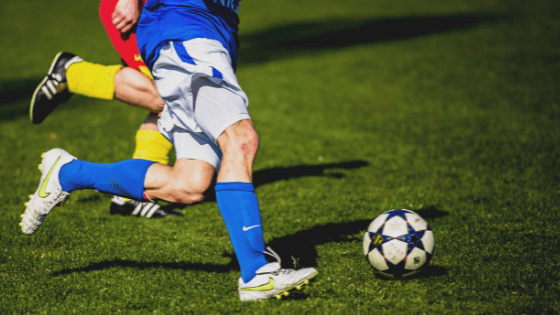What is sports psychology?
Sports psychology is the study of how psychological factors affect athletes, their performance, exercise and physical activity. Sports psychologists are researching how participating in sports can improve health and well-being. They also help athletes use psychology to improve their athletic performance and mental well-being. Sports psychologists are not just for elite and professional athletes. They also help ordinary people to learn how to enjoy sports and learn to stick to an exercise program.
What does sports psychology do?
Sports psychology deals with a variety of topics. Each different sports psychologist can specialize in a specific topic or more.
Focused attention
The focus of attention includes “blocking” distractions, such as a shouting crowd, and focusing on what you have to do. This allows athletes to manage their mental focus.
Visualization and goal setting
This area of sports psychology focuses on helping athletes mentally prepare for a match. Visualization involves creating a mental image of what you “intend” to do. Athletes can use these skills to envision the result they want to achieve. They may envision themselves winning or performing a particular move. It can also be useful to help athletes feel calmer and more focused before an event. If you are a professional or just want to learn how to eat to maintain your health and achieve well-being then you should attend the “Sports Nutrition” seminar organise by Base Training.
Motivation and teamwork development
Some sports psychologists work with professional athletes and coaches to improve their performance and increase their motivation. The study of motivation examines both external and internal ones. The former relate to prizes, money, medals, social recognition, the latter relate to the personal desire for victory or the sense of pride. In terms of teamwork, psychologists help athletes develop a bond with their coaches so that they can work together more effectively.
Stress management
It is not uncommon for athletes to feel stress before an event. These emotions can have an impact on their performance. So learning ways to stay calm is important. Stress can also result from the pressure athletes feel from the competition. Exhaustion can also occur in athletes who often experience stress, anxiety and have intense training programs. Helping athletes regain their sense of balance, learn to relax and stay motivated can help combat these feelings of exhaustion.
Rehabilitation
Finally, sports psychology helps athletes recover and return to their sport after an injury. An injury can lead athletes to experience intense emotional reactions, which can include anger, despair and fear. In this case, the “restoration” of self-confidence is needed. Giota Florou Source: verywellmind.com Recent Articles







